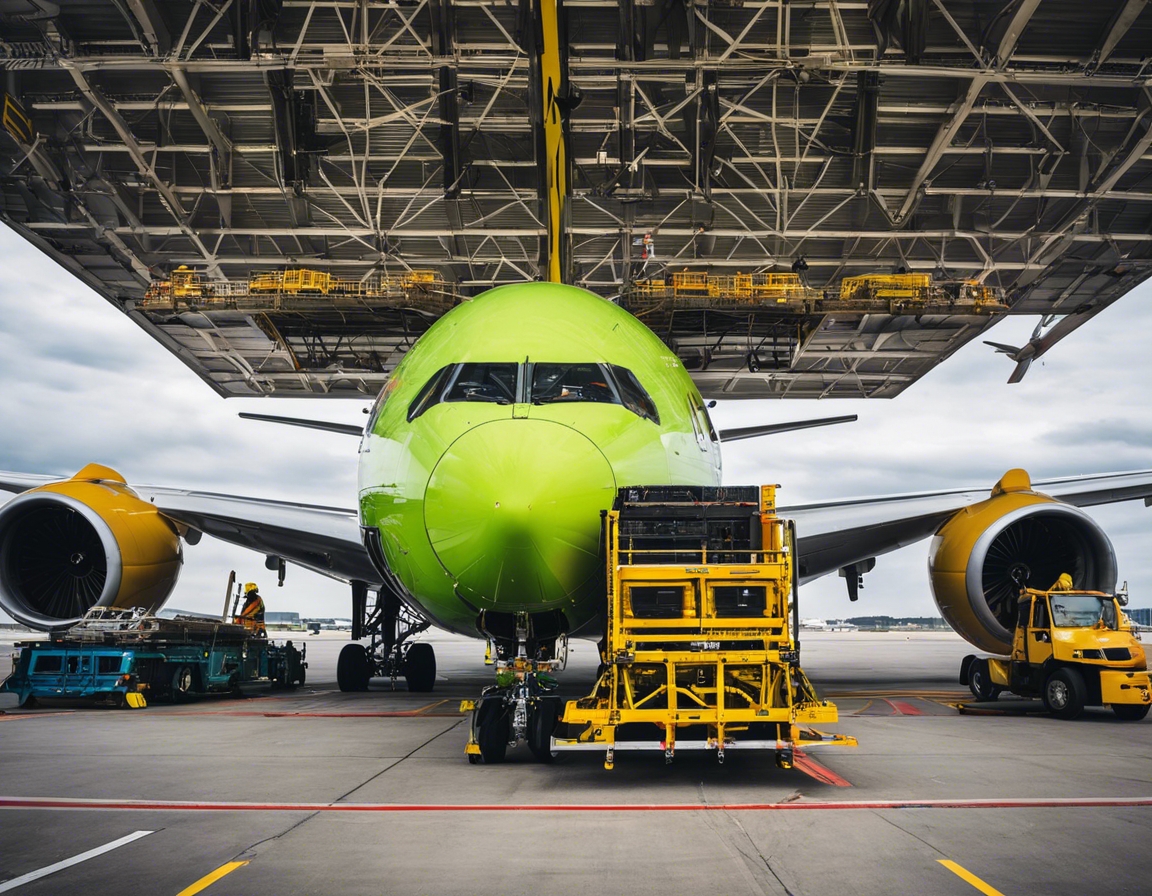How to choose the right logistics partner for your business
Before embarking on the journey to find the perfect logistics partner, it's crucial to have a clear understanding of your shipping needs. Evaluate your current and projected shipping volume and frequency. This will help you determine the level of support you require from a logistics partner and ensure they can handle your business's demands.
Consider the modes of transportation that are most suitable for your products. Whether it's air, sea, road, or rail, each mode has its own set of benefits and limitations. Your choice will impact transit times, costs, and the overall efficiency of your supply chain.
Does your cargo require special handling or storage conditions, such as refrigeration or hazardous material handling? Make sure to identify these requirements early on to find a logistics partner with the necessary expertise and facilities.
Evaluating Potential Logistics Partners
Investigate potential logistics partners by looking into their track record and reputation within the industry. Reliable partners will have a history of timely deliveries and positive customer feedback.
Technology plays a significant role in modern logistics. Evaluate the technological capabilities of potential partners, including their use of tracking systems, electronic data interchange (EDI), and warehouse management systems (WMS).
Ensure that your logistics partner complies with international shipping regulations and holds relevant certifications. This is crucial for avoiding legal issues and ensuring the safety of your goods.
Understanding the pricing structures of logistics services is essential. Look for transparency and ensure there are no hidden fees. A good partner will provide a clear breakdown of costs.
Building a Strong Partnership
Effective communication and customer service are the backbones of any successful partnership. Your logistics partner should be easily accessible and willing to provide support whenever needed.
As your business grows, so will your logistics needs. Choose a partner that can scale their services to match your growth and adapt to changing market conditions.
Consider the geographical coverage of your logistics partner. They should have a strong network in the regions where you do business to ensure efficient and reliable shipping.
Lastly, look for a logistics partner that offers value-added services that can enhance your supply chain, such as inventory management, order fulfillment, and customs brokerage.





Kommentaarid (0)